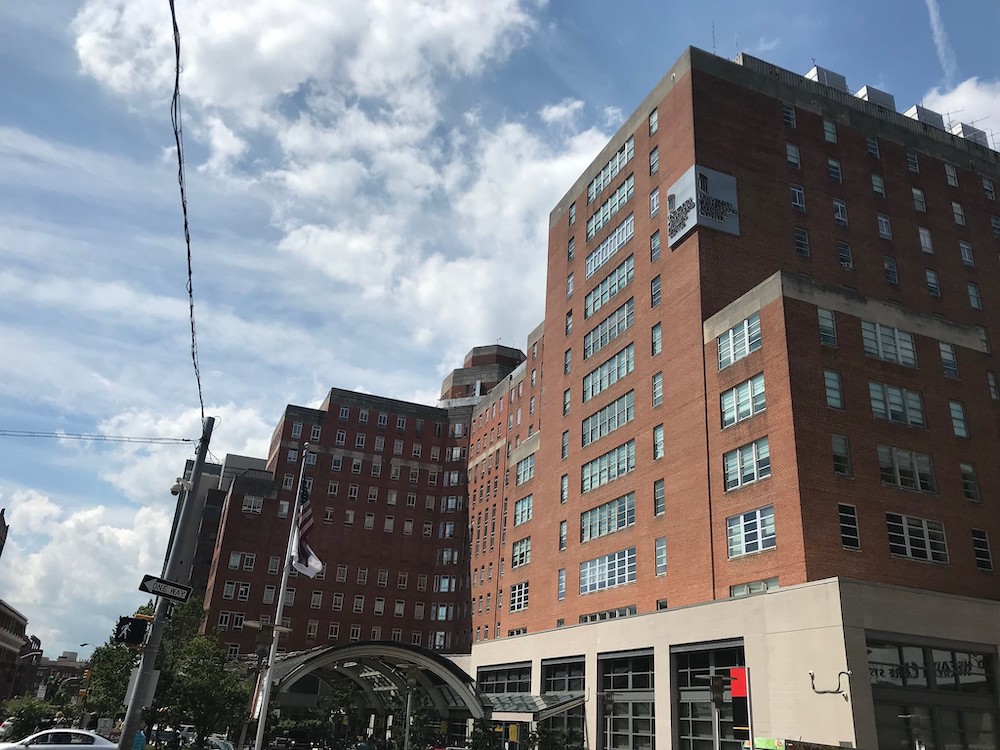One of Maryland’s premiere medical networks just announced an eight-figure investment into the economic development of local and marginalized communities by way of notable funding entities.
The University of Maryland Medical System (UMMS) said in a Thursday statement that it will commit $14 million to 11 community development financial institutions and privity equity firms throughout the state. The investment is intended to address racial, economic and environmental disparities in the communities the system serves.
In essence, it’s trickle-down economic investment in historically divested-from communities across Maryland. Investments ranging from $500,000 to $2.5 million will go to Baltimore Community Lending, Conscious Venture Fund, Enterprise Community Development, FSC First, Ignite Capital, Momentus Capital’s Impact Investments Program, Obran Acquisitions, Propel Baltimore, RBC Access Capital, The Reinvestment Fund and UpSurge. These institutions and firms will in turn invest these fixed income- and equity-based allocations in local and minority-owned businesses.
“Through these investments, we are seeking to make positive social, economic, and environmental impacts,” Mohan Suntha, president and CEO of UMMS, said in a press release. “Our corporation and individual member organizations are anchor institutions, and we understand and embrace our responsibility to support efforts that improve the health of our communities — not only through care we deliver, but also by supporting the people who share our goals and aspirations for opportunity and change.”
Brown Advisory will be monitoring the community impact and financial return on the investments for UMMS.
FSC First and Baltimore Community Lending have already outlined how they intend to use the funds to benefit the community.
Shelly Gross-Wade, president & CEO of FSC First, plans to use the $1 million the lending partner received to provide direct loans to “locally-owned minority-owned businesses” that develop new technologies and provide products and services in Prince George’s County’s health care industry, the statement said.
Watchen Bruce, president & CEO of Baltimore Community Lending, indents to put its unspecified amount of funds to make loans to vendors at the new Lexington Market project in downtown Baltimore.
“The commitment of UMMS will support us in providing financing and coaching support to underserved small businesses and community developers, positioning them for financial stability to access mainstream banking products and to achieve long-term success,” Bruce said in the announcement.







